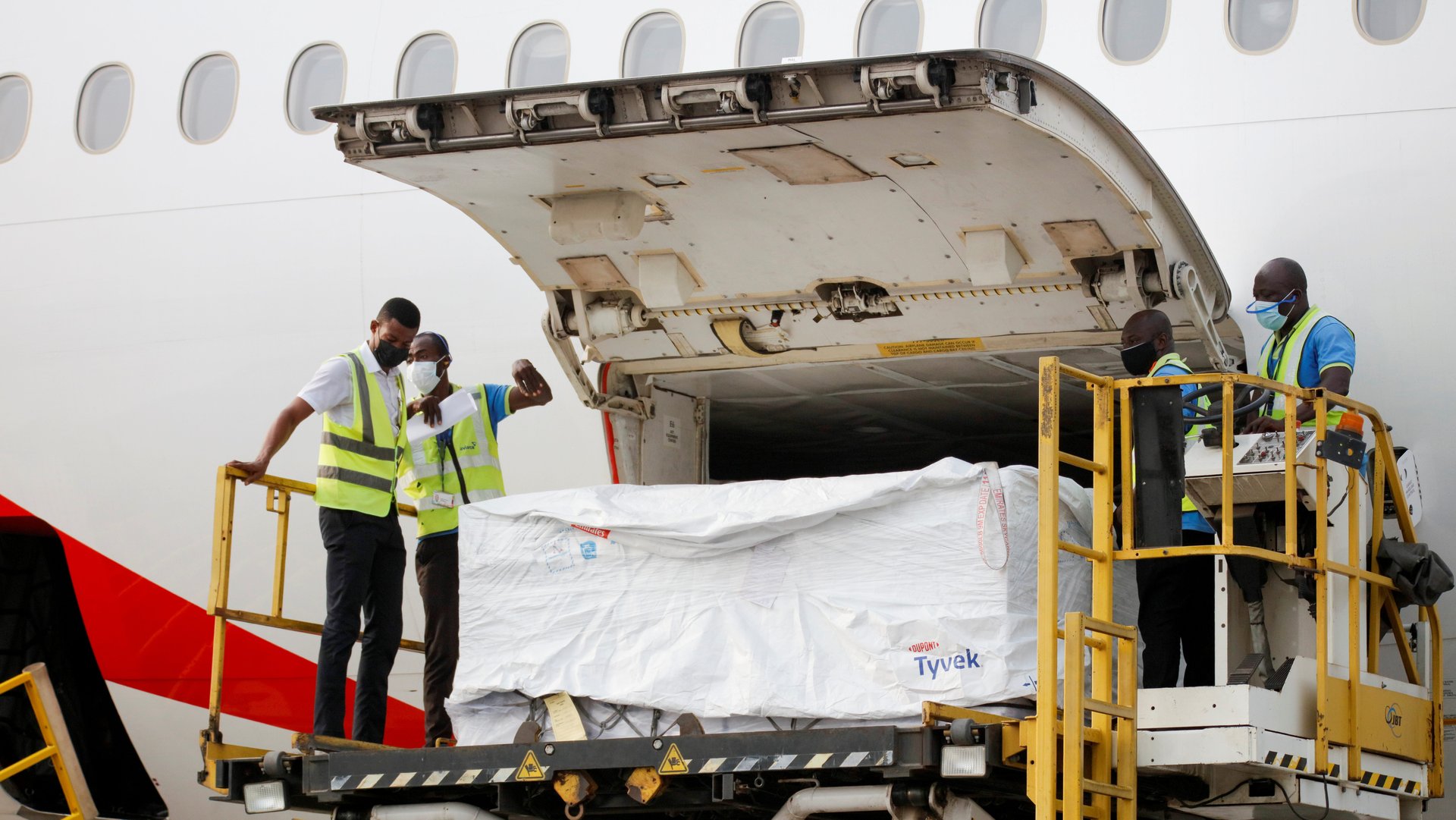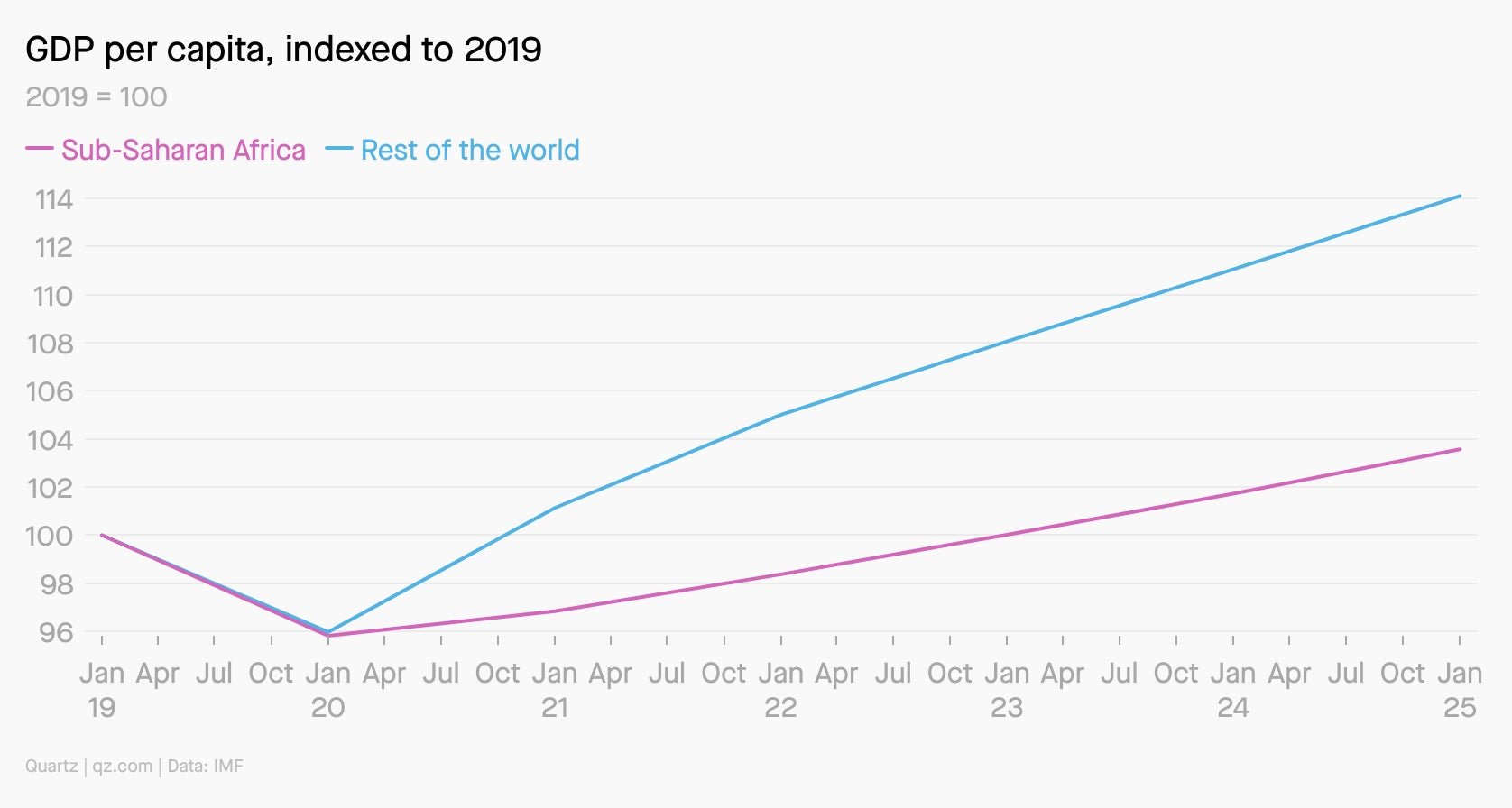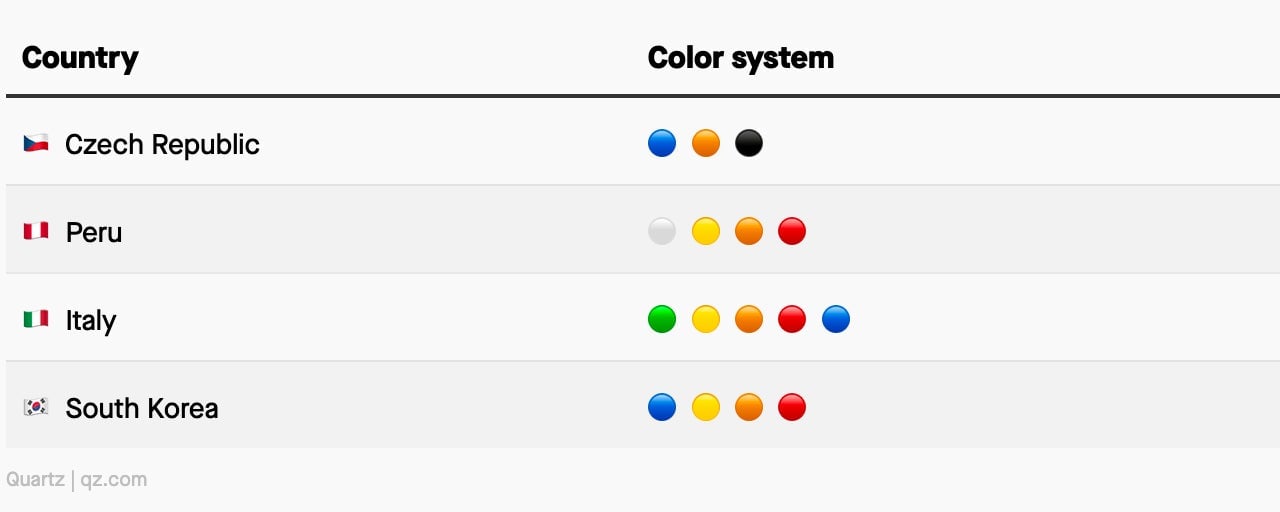India’s crisis hits Africa, malaria wins, Malawi’s miracle island
Hi Quartz Africa readers,


Hi Quartz Africa readers,
Covid-19 is a global disease. That means, as the Guardian’s Hannah Ellis-Petersen recently wrote, that India’s crisis is the world’s crisis.
India’s devastating second wave is already impacting Africa. In March, Covax, the global vaccine-sharing initiative, confirmed its plans to allocate the AstraZeneca vaccine to African countries, which make up 40 of the 64 low-income countries being supported by the initiative. Using population size as a guide, Covax’s first allocation round divided up 64.5 million doses of the vaccine to be distributed to African nations through May 2021, all to be manufactured by the Serum Institute of India (SII).
That plan came to a grinding halt when the SII restricted exports of vaccines towards the end of March, as a second, more virulent wave of Covid-19 swept through the country. “As India confronts a truly dreadful wave of the pandemic, it is clear that all Indian vaccine production—for the next month at least—will be committed to protecting its own citizens,” a spokesperson for Gavi, the vaccine alliance helping to coordinate Covax, told Quartz Africa. The group is working to secure vaccines from other manufacturers and high-income countries before announcing further allocations.
With some of the vials already distributed, vaccine programs on the continent have been thrown into disarray, as countries scramble to delay and find supplies for a second dose.
“We find ourselves collectively in a very very dire situation,” Dr. John Nkengasong, the director of the Africa Centre for Disease Control, said in a recent press briefing.
The heat map below, which shows the proportion of initial vaccines allocated through this program to Africa, illustrates the degree to which the continent was dependent on India for its vaccine drives.

The pandemic has also raised critical questions over why Africa was unable to develop its own vaccine, and why its efforts to distribute them have been so slow. But while African governments can do a lot to improve their vaccine portfolios, procurement, and distribution plans, they shouldn’t stand alone.
Yes, countries like the US, Canada, and the UK are pouring money and equipment into the problem. A more powerful approach would be to stand shoulder to shoulder with those most vulnerable by unlocking their own surplus of vaccines and waiving intellectual property protections in order for countries to manufacture their own generic versions at home.
Western countries must understand that their own recovery from the pandemic is intimately linked to the recovery of the world’s most neglected nations. —Carlos Mureithi and Jackie Bischof
Five stories from Quartz Africa
A landmark achievement in the fight against malaria. A new, highly effective malaria vaccine could be a game-changer for Africa, where malaria probably caused four times as many deaths as Covid-19 over the past year. Adrian Hill, director of the Jenner Institute, which participated in the trial, explains the implications as well as the surprising way the research contributed to the development of a coronavirus vaccine.
Ugandans debate diaspora identity. Daniel Kaluuya’s recent win at the Academy Awards has many Ugandans celebrating—and some pushing back against the country’s claims over his success. Stephen Kafeero explains how the debate spotlights the complexities of diaspora identity, as well as some of the missed opportunities by African countries to nurture their own artistic talent.
Kenyans protest the country’s debt load. Kenyans are petitioning the IMF to cancel a $2.34 billion loan for Kenya, citing mismanagement of funds by the government and the country’s increasing debt load. The controversy highlights citizens’ growing frustration with the debt burden and corruption holding back one of Africa’s biggest economies, Carlos Mureithi reports.
The pandemic jumpstarts e-commerce in South Africa. Online purchases have skyrocketed in the last year in a country known for its love of in-person shopping, writes Brian Browdie. The acceleration not only highlights improvements in how retailers get goods to consumers, but stands out for being largely homegrown.
Gaps in agricultural data are holding African nations back. Low-income countries invest about $957 billion in agriculture annually, yet this investment hasn’t translated into stronger economies and better livelihoods. As countries prepare for the UN’s first Food System Summit this September, Agnes Kalibata and El Iza Mohamedou argue that high-quality, timely data could jumpstart economic growth and reduce poverty.
Charting income gaps
The Covid-19 pandemic is widening the income gap between sub-Saharan Africa and the rest of the world, risking greater differences in living standards between countries. This is particularly concerning for a region where millions have already been pushed into poverty by the pandemic.

The lasting effects of Covid-19 will make economic recovery difficult, the IMF says in its latest outlook for the region. Sub-Saharan Africa’s projected growth of 3.4% this year is the slowest in the world. The IMF also projects the income gap as measured by GDP per capita will widen significantly in the coming years, Carlos Mureithi reports, and have a knock-on effect throughout industries.
Dealmaker
Kidato, a Kenyan edtech startup for K-12 students in Africa, has announced a $1.4 million seed investment to accelerate its growth and product development. Learn Start Capital, Launch Africa Ventures Fund, Graph Ventures, Century Oak Capital, and other notable local and global angel investors funded the round.
Kashat, an Egyptian mobile lending platform, has raised an undisclosed funding round to expand its product suite and scale operations. The investment was provided by Cairo Angels, a global network of angel investors focused on supporting startup opportunities in Egypt, the Middle East, and Africa. Egypt’s first nano-lending mobile app focuses on the unbanked, providing them short-term loans between $13 and $95, with repayment plans of up to 61 days.
OKO, a Malian insurtech startup for smallholder farmers, has closed $1.2 million in seed funding. Newfund and ResiliAnce led the investment, with Mercy Corps Ventures, Techstars, ImpactAssets, and RaSa participating in the round. The investment is aimed at strengthening their presence in Mali and Uganda, and aiding expansion into new markets, starting with Ivory Coast.
Panic Palette
Can you match the country to its Covid-19 colors?

As case levels fluctuate globally, many health officials are using color systems to alert constituents about the virus’s threat level. But not everyone took the traditional 🚥 route. Amanda Shendruk and Anne Quito examined 35 warning-status color palettes used around the world; while red seems to be the universal sign for “very bad,” there is otherwise a lot of variance.
(Answer 🔑, top to bottom: Peru, Italy, Czech Republic, South Korea.)
Other things we liked
Malawi’s miracle island. Climate crises and overfishing have affected catches in Malawi, except on the mystic island of Mbenje. The island closes for four months a year, and when open, only permits fishermen who follow strict rules aimed at wildlife preservation. In Africa Arguments, Charles Pensulo chronicles the sacred traditions that have inadvertently become economic windfalls.
Concerns over “closet extremists” in Nigeria’s government. Old audio and video clips of Isa Pantami, Nigeria’s minister of communications and digital economy, supporting extremist ideologies surfaced on the internet last week, leading to calls for his resignation. With the divisive response it drew, the Africa Report’s Jude Michael asks questions of the country’s legislative arm.
Biden’s Climate Summit is not without fault. Africa is responsible for less than 4% of global carbon emissions, but a projected increase in population and several economically viable fossil fuel projects leave the continent vulnerable to a huge climate crisis. For TIME, Aryn Baker argues that the Climate Summit’s exclusivity makes the 2050 net-zero goal implausible.
Carving out epic soundscapes. Kenyan musician KMRU has made a name for himself in the world of electronic music with his “meditative” ambient music, spun from environmental sounds. For Pitchfork, Philip Sherburne interviews the artist about his touring experience, and the silence he’s encountered since moving to Berlin.
Venture capital meets experience in Egypt. Investment in the country’s startup scene is rising, write Dunya Hassanein and Nesma Abdel Azim for Wanda, as more seasoned entrepreneurs catch the attention of outside investors, and the government seeks to streamline sectors like fintech. Gaps remain, however, particularly in the Series B stage.
ICYMI
Global exposure for your startup. The Visa Everywhere Initiative will bring startups who are gaining traction with great products to a global stage, in partnership with TechCrunch, to compete for $100,000 in prizes. (May 7)
Shaping tomorrow’s smart cities. The Rwandan government, in conjunction with partners including Volkswagen, Siemens, and the African Business Angel Network, is inviting applications for its Smart Cities Innovation Programme, which is focused on startups working in the areas of housing, mobility, and fintech for affordability. (May 9)
🎵 This brief was produced while listening to “’Je Pense a toi” by Amadou & Mariam.
Our best wishes for a productive and ideas-filled week ahead. Please send any news, comments, suggestions, ideas, chill ambient sounds, and agriculture databases to [email protected]. You can follow us on Twitter at @qzafrica for updates throughout the day.
If you received this email from a friend or colleague, you can sign up here to receive the Quartz Africa Weekly Brief in your inbox every week. You can also follow Quartz Africa on Facebook.